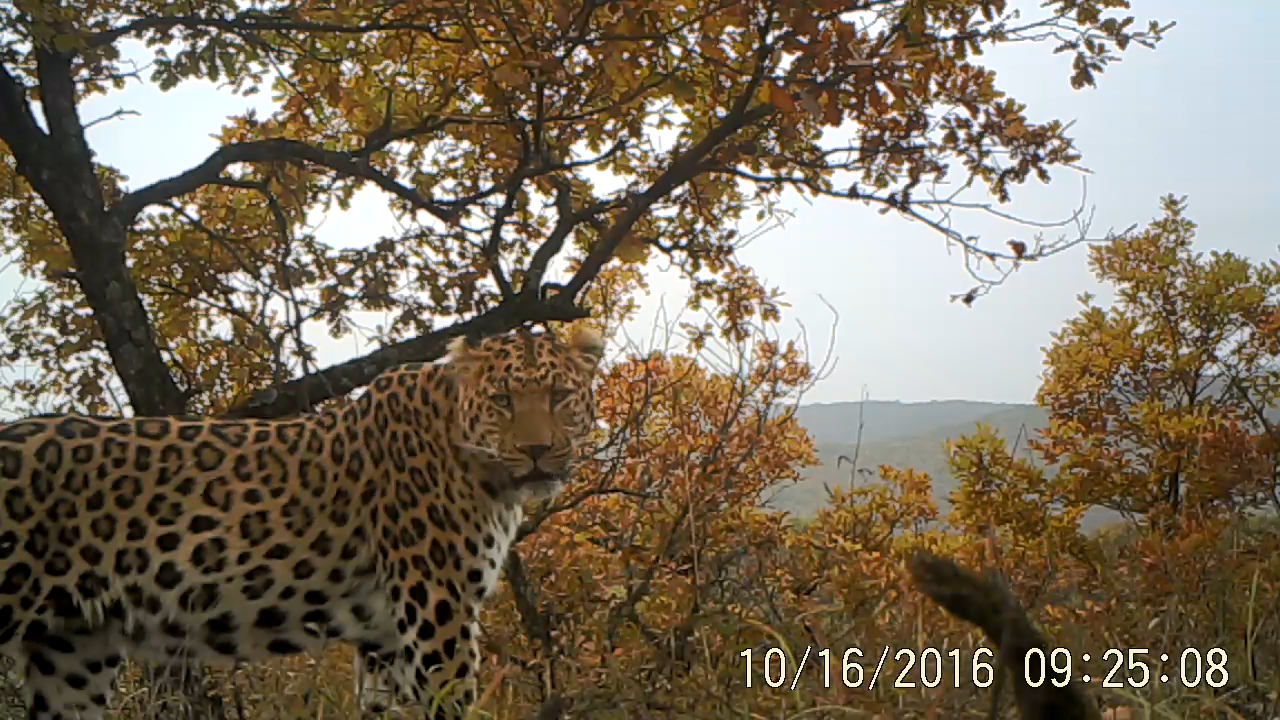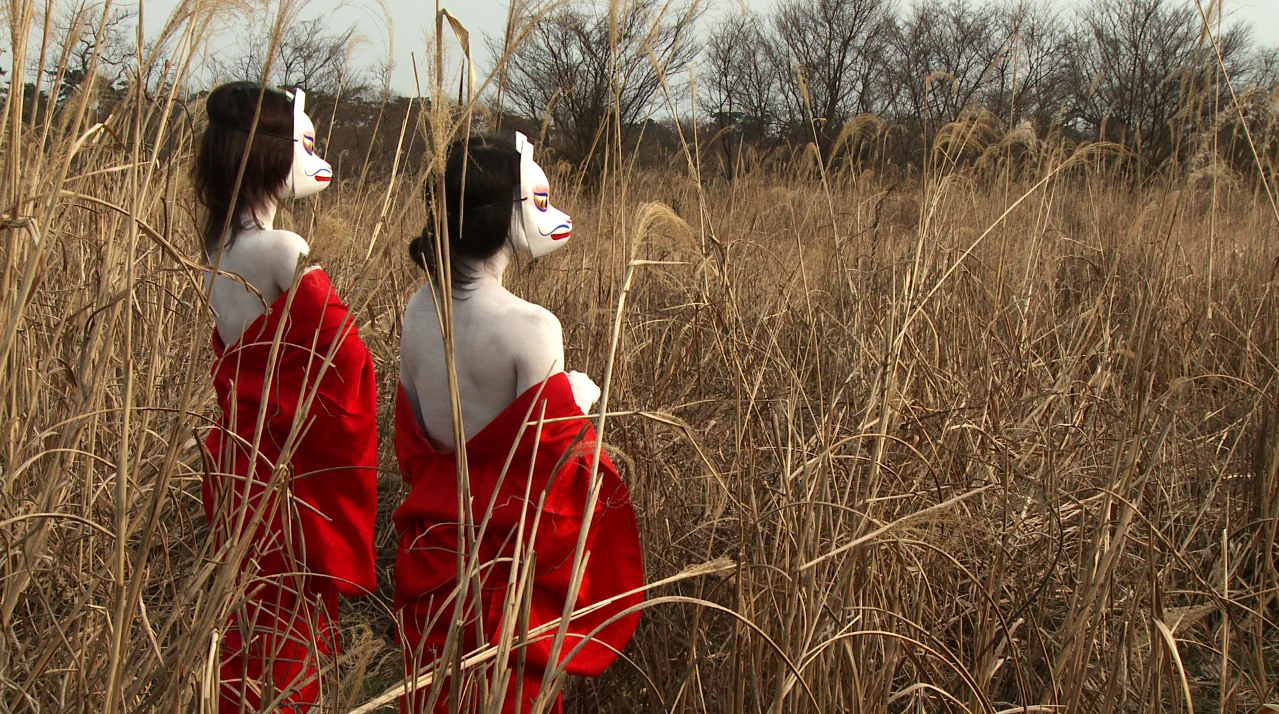Leopards are fascinating animals. In addition to being sublime hunters that will eat nearly anything and can survive in varied habitats from forests to deserts, they are able to withstand temperatures ranging from minus 40 degrees Celsius during winter to plus 40 degrees in summer. Despite their resilience, the majority of leopard species are endangered....
World
Recovery from Grief Is a Slow, Difficult Process for Families of Terrorism Victims
Grief is a natural reaction to the death of a loved one, but in cases of tragic or unexpected loss, that sadness can stretch out, affecting day-to-day functioning and reducing quality of life. Prolonged Grief Disorder (PGD) is a condition characterized by intense longing for the deceased, and by severe and persistent emotional pain. People...
COVID-19: Examining Theories for Africa’s Low Death Rate
As the threat of a COVID-19 pandemic emerged earlier this year, many felt a sense of apprehension about what would happen when it reached Africa. Concerns over the combination of overstretched and underfunded health systems and the existing load of infectious and non-infectious diseases often led to it being talked about in apocalyptic terms. However,...
Two’s a Crowd: Nuclear and Renewables Don’t Mix
If countries want to lower emissions as substantially, rapidly and cost-effectively as possible, they should prioritize support for renewables, rather than nuclear power. That’s the finding of new analysis of 123 countries over 25 years by the University of Sussex Business School and the ISM International School of Management which reveals that nuclear energy programmes...
Reducing the High Social Cost of Death
How will you cope with the death of your mother or spouse? Their death may disturb your concentration, causing accidents or lowering your productivity. Some bereaved cannot sleep, and others cannot get out of bed. Some lose all appetite, while others binge eat constantly. Some grow alcoholic, and some suicidal. Our responses may depend on...
Coastal Flooding Will Disproportionately Impact 31 Million People Globally
Thirty-one million people living in river deltas are at high risk of experiencing flooding and other impacts from tropical cyclones and climate change, according to a study by Indiana University (IU) researchers. “To date, no one has successfully quantified the global population on river deltas and assessed the cumulative impacts from climate change,” said Douglas Edmonds,...
New Research Highlights Impact of COVID-19 on Food Security in Kenya and Uganda
Centre for Agriculture and Bioscience International (CABI) scientists have conducted new research highlighting the impact of COVID-19 pandemic on food security in Kenya and Uganda with more than two-thirds of those surveyed having experienced economic hardship due to the pandemic. Dr. Monica Kansiime led a team of researchers who discovered, from a random sample of...
Anti-Asian Racism During COVID-19 Has Historical Ties in United States
Anti-Asian hate crimes during health crises are unfortunately not new, according to a new academic paper examining the history of this phenomenon. The paper, published recently in the peer-reviewed American Journal of Criminal Justice, was co-authored by Shannon Harper, assistant professor of criminal justice at Iowa State University; Angela Gover, professor of criminology and criminal justice...
Post-Pandemic Brave New World of Agriculture
Robots working in abattoirs, sky-high vertical farms, more gene-edited foods in our supermarkets and automated farming systems could all help guarantee food supply in the next pandemic. University of Queensland Professor Robert Henry said the technologies had all been in various stages of planning prior to COVID-19, but food producers would now be moving much...
Economic and Food Supply Chain Disruptions Endanger Global Food Security
COVID-19 has led to a global economic slowdown that is affecting all four pillars of food security – availability, access, utilization, and stability – according to a new article from researchers at the International Food Policy Research Institute (IFPRI), published in the journal Science. Agricultural and food markets are facing continuous disruptions due to labor shortages...










